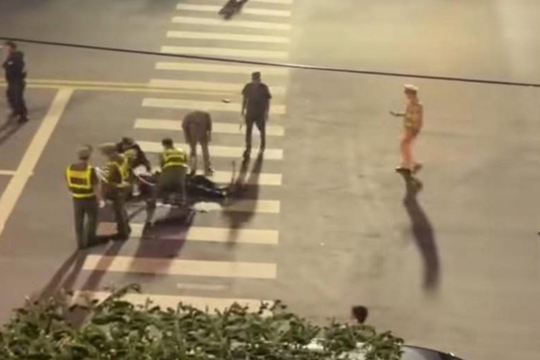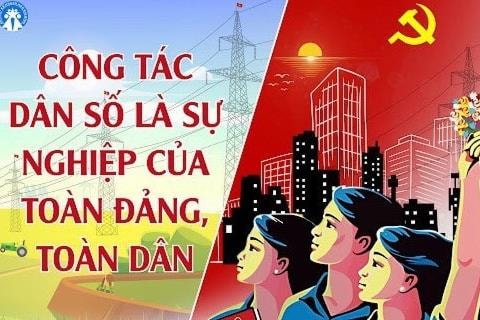Stroke prevention in hot weather
Heat stroke is a dangerous disease that can lead to death. However, it is a disease that can be prevented and detected early.
According to recent medical statistics, when entering the summer, the number of people with cerebrovascular accidents increases rapidly, and the number of severe cases is also higher. This is because the heat increases the risk of cerebrovascular accidents.
Symptoms of heat stroke
Body temperature can rise to 40 degrees Celsius, the patient may faint, in addition there are some symptoms such as:
- Headache
- Dizziness, lightheadedness.
- No sweat, even though the body is very hot
- Red, hot and dry skin
- Cramps, numbness
- Nausea and vomiting
- Rapid heart rate.
- Shallow breathing
- Behavioral changes such as confusion, disorientation
- Epileptic seizure
- Unconscious.
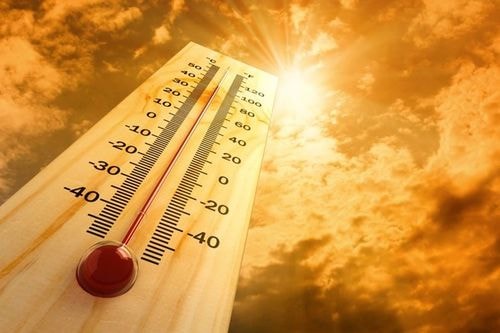 |
Hot weather increases the risk of stroke. |
First aid for heat stroke:
If you suspect someone is having a heat stroke, call 911 immediately or take the victim to a hospital.
While waiting for emergency help, you can take the victim to a cool place and remove some of their clothes. If the victim is too hot, try to cool them down by:
- Use a fan to cool down, apply a wet towel to the victim.
- You can apply ice to the groin and armpit areas because these are areas with many blood vessels close to the skin. When cooled, they can help reduce body temperature.
- Put the victim in the bathtub and run cool water.
People at high risk of heat stroke
These include infants and children under 4 years old, the elderly aged 65 and over, people with chronic diseases such as heart, lung, kidney, high blood pressure, diabetes, mental illness, people who drink too much alcohol and people who do not drink enough water... are susceptible to heat stroke. The elderly and children are vulnerable because this group of people adapts to increased temperatures more slowly than others.
If a person lives in an urban area, the risk of stroke is higher than those living in rural areas. Due to the hot weather during the day, city dwellers are exposed to the concrete effect, the urban environment temperature rises higher than the weather temperature, while at night, the “heat island” effect, that is, the temperature from the road, concrete radiates, causing the temperature to decrease more slowly than in rural areas.
Heat stroke usually occurs when the outdoor temperature is 32 degrees or higher, at which temperature in many western countries it is recommended to avoid strenuous outdoor activities.
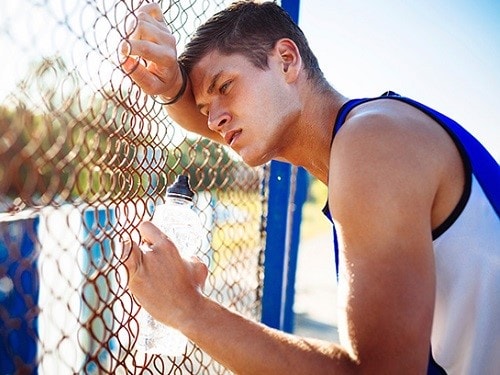 |
Heat stroke usually occurs when the outdoor temperature is 32 degrees or higher. |
How to prevent disease
In the summer, when the outdoor temperature is high, the elderly should limit going outdoors during hot sunny days. For people with cardiovascular disease, when using air conditioning, remember to only control the temperature at about 27 degrees Celsius and the difference between inside and outside the room should not exceed 7 degrees Celsius.
It is necessary to pay attention to regularly replenishing water, to prevent blood thickening leading to the formation of blood clots, practice the habit of drinking enough water even when not thirsty. You can drink fruit and vegetable juice every day. Early in the morning after waking up, drink a glass of water, every day, you should supplement 1.5-2 liters of water for the body. If you have to exercise, you should drink a glass of water before exercising and every 20 minutes of vigorous exercise, you should replenish water once.
In summer, you should wear light, loose-fitting, light-colored clothing, a wide-brimmed hat, and sunglasses. When going out, apply sunscreen with an SPF of 30 or higher.
Avoid outdoor activities if it is hot, only go out in the early morning and late afternoon.
In hot weather, people often want to drink alcohol or beer to cool down, but this is completely wrong. When it is hot, you should limit alcohol or coffee because alcohol and caffeine will make you lose more water, making you more susceptible to heat stroke.
Monitor your urine output in hot weather. If your urine suddenly becomes darker than usual, it means you are dehydrated. Drink more water.
According to experts, people at high risk of stroke such as the elderly, people with high blood pressure, diabetes, dyslipidemia (high blood fat), atherosclerosis, smokers, etc. should apply preventive measures early. In addition to lifestyle changes such as quitting smoking, limiting alcohol, exercising regularly, it is necessary to control blood pressure, blood fat, blood sugar well, especially preventing the formation of blood clots.
In the summer, if the elderly suddenly feel headaches, dizziness, numbness on one side of the body, yawning continuously... these could be symptoms warning of the possibility of a stroke. They must be vigilant and see a doctor immediately.
According to Zing
| RELATED NEWS |
|---|

.jpg)

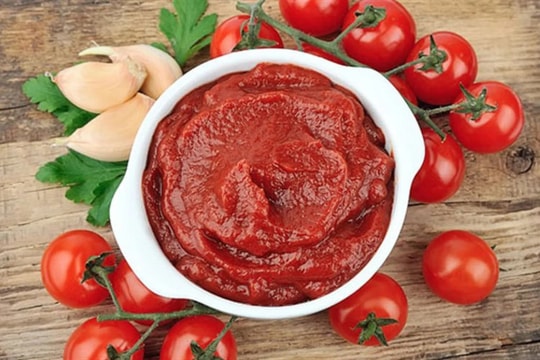
.jpg)
